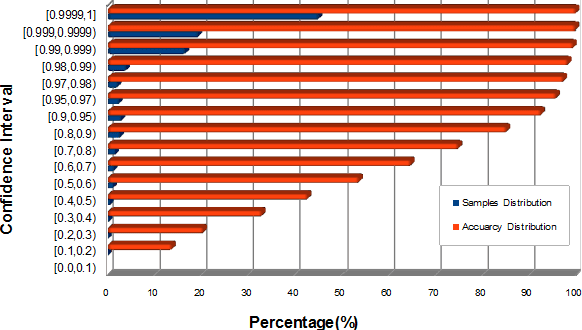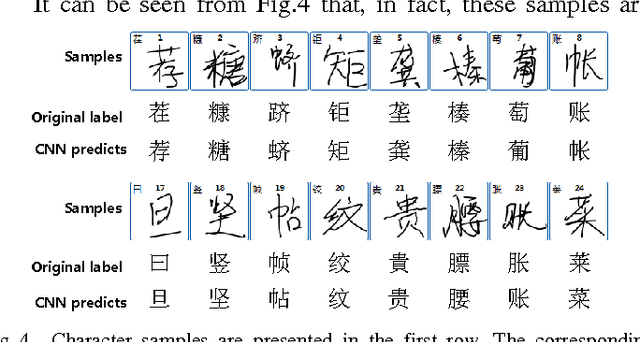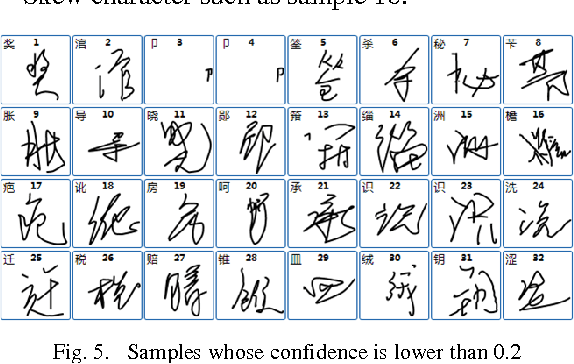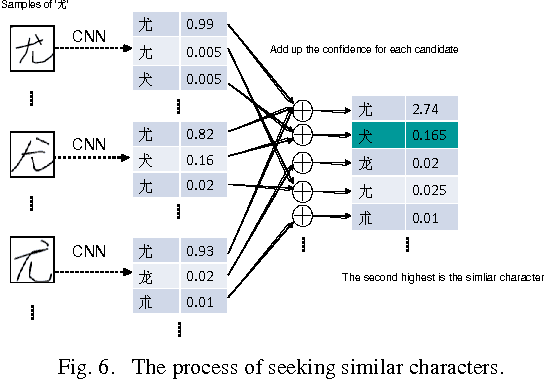Huiyun Mao
SynSig2Vec: Learning Representations from Synthetic Dynamic Signatures for Real-world Verification
Nov 14, 2019



Abstract:An open research problem in automatic signature verification is the skilled forgery attacks. However, the skilled forgeries are very difficult to acquire for representation learning. To tackle this issue, this paper proposes to learn dynamic signature representations through ranking synthesized signatures. First, a neuromotor inspired signature synthesis method is proposed to synthesize signatures with different distortion levels for any template signature. Then, given the templates, we construct a lightweight one-dimensional convolutional network to learn to rank the synthesized samples, and directly optimize the average precision of the ranking to exploit relative and fine-grained signature similarities. Finally, after training, fixed-length representations can be extracted from dynamic signatures of variable lengths for verification. One highlight of our method is that it requires neither skilled nor random forgeries for training, yet it surpasses the state-of-the-art by a large margin on two public benchmarks.
Recognition Confidence Analysis of Handwritten Chinese Character with CNN
May 25, 2015



Abstract:In this paper, we present an effective method to analyze the recognition confidence of handwritten Chinese character, based on the softmax regression score of a high performance convolutional neural networks (CNN). Through careful and thorough statistics of 827,685 testing samples that randomly selected from total 8836 different classes of Chinese characters, we find that the confidence measurement based on CNN is an useful metric to know how reliable the recognition results are. Furthermore, we find by experiments that the recognition confidence can be used to find out similar and confusable character-pairs, to check wrongly or cursively written samples, and even to discover and correct mis-labelled samples. Many interesting observations and statistics are given and analyzed in this study.
 Add to Chrome
Add to Chrome Add to Firefox
Add to Firefox Add to Edge
Add to Edge